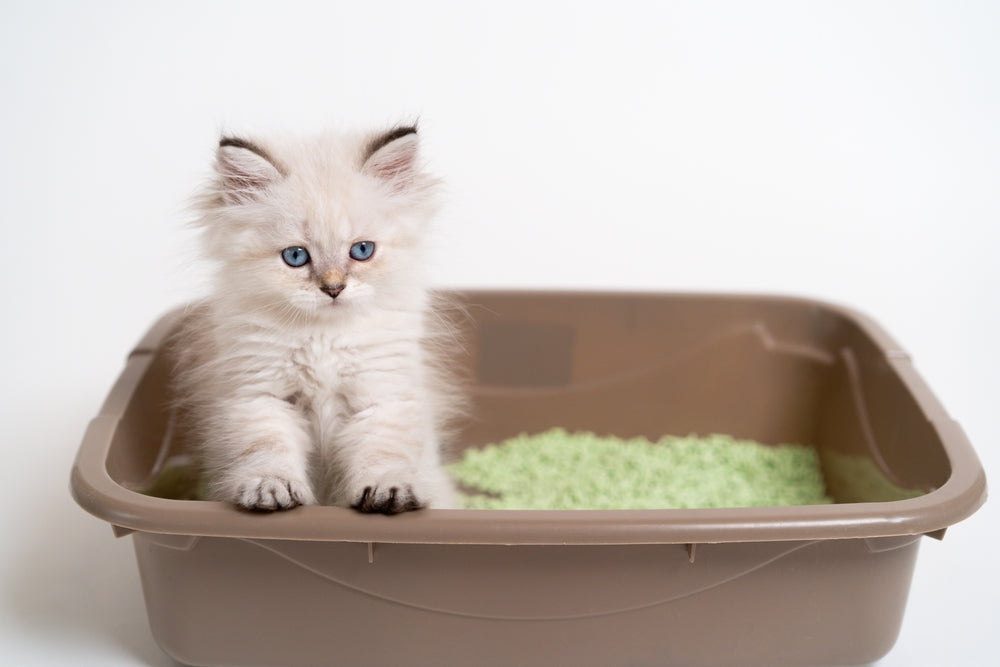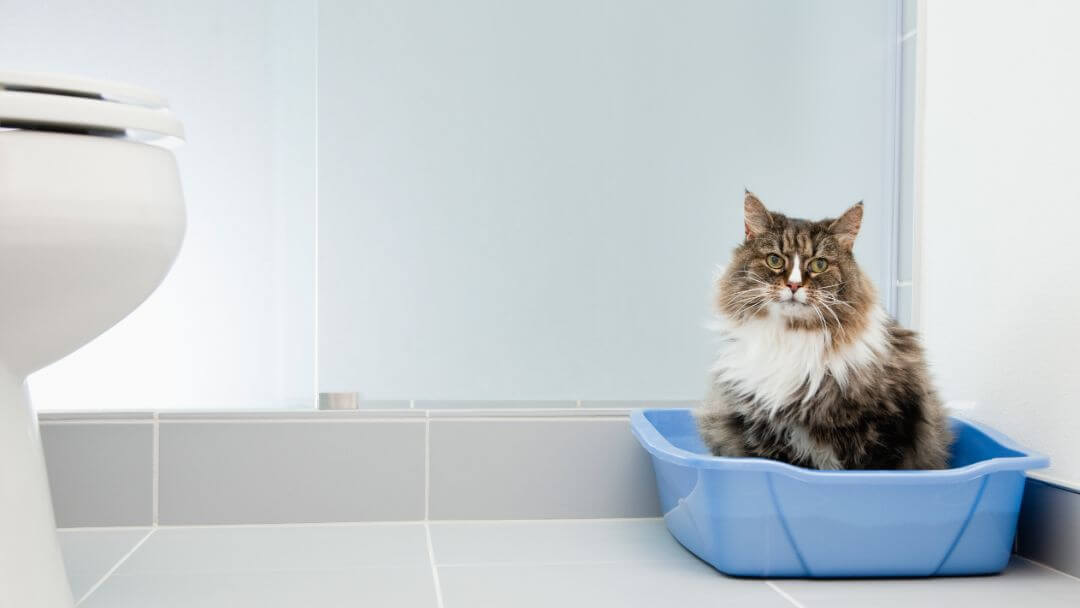To make a constipated cat poop, increase their fiber intake gradually and ensure they stay hydrated by providing fresh water at all times. Introducing high-fiber foods and plenty of water can help alleviate constipation in cats.
Constipation can cause discomfort and be a sign of an underlying health issue. Ensuring that your cat has enough fiber in their diet can promote regular bowel movements and prevent constipation. However, it’s crucial to introduce high-fiber foods slowly to avoid digestive upset.
Additionally, keeping your cat well-hydrated is essential in preventing constipation. Providing fresh water at all times will encourage them to drink and maintain proper hydration levels. In this guide, you will learn effective ways to make your constipated cat poop and ensure their overall well-being.
Identifying The Symptoms Of Constipation In Cats
Constipation in cats can be identified through several symptoms. One sign is a lack of appetite or a reduced appetite. Another clue is when cats frequently visit the litter box but do not produce any stool. Cats may also strain or cry while attempting to defecate.
Additionally, their stools may become hard, dry, or small. These symptoms indicate that a cat is constipated and needs help with bowel movements. To alleviate constipation in cats, there are various remedies available, such as increasing their water intake, adding fiber to their diet, or using a cat-friendly laxative.
It is important to address constipation promptly as it can lead to serious health issues if left untreated. Therefore, it is crucial to observe and recognize these symptoms to ensure a cat’s overall well-being.
Understanding The Causes Of Cat Constipation
Understanding the causes of cat constipation is crucial for addressing this common issue. Inadequate hydration can contribute to constipation in cats. Insufficient water intake affects their digestive system. Lack of dietary fiber can also lead to constipation. Cats need fiber to keep their bowels regular.
Obesity is another factor that can contribute to constipation in cats. Excess weight puts pressure on their digestive system. Certain medical conditions or medications can cause constipation in cats. It’s important to consider underlying health issues. Stress or anxiety can affect a cat’s digestive system and lead to constipation.
Minimizing stress levels is important for overall cat well-being. By identifying and addressing these causes, cat owners can help their feline friends maintain a healthy digestive system.
Natural Remedies To Relieve Cat Constipation
Constipation can be uncomfortable for cats, but there are natural remedies to provide relief. Increasing water intake is essential for preventing constipation in cats. Adding fiber to their diet can also promote regular bowel movements. Encouraging exercise and play helps to stimulate the digestive system.
Creating a stress-free environment can alleviate constipation symptoms. Gentle abdominal massages may also help to relieve constipation in cats. By following these natural remedies, you can help your cat maintain a healthy digestive system and prevent constipation.
Over-The-Counter Solutions For Cat Constipation
Constipation is a common issue for cats, but there are over-the-counter solutions available. Cat owners may consider using laxatives or stool softeners to soften their cat’s stool. Petroleum jelly can also be used as a lubricant to help ease constipation.
However, it is important to seek veterinary advice before administering any products to ensure their appropriateness for cats. By following these steps, cat owners can effectively manage their cat’s constipation and help them poop regularly.
When To Seek Veterinary Assistance For Constipated Cats
Persistent constipation despite trying home remedies can be a cause for concern in cats. If your feline companion is showing signs of persistent constipation, such as blood in the stool, loss of appetite, vomiting, or unusual behavior, it may be time to seek veterinary assistance.
Cats that are constipated may also exhibit lethargy or noticeable discomfort. When faced with these symptoms, it is important to have your cat assessed by a veterinarian who can determine the underlying cause of the constipation and provide appropriate treatment.
Depending on the severity of the situation, the vet may recommend dietary changes, medication, or in some cases, further diagnostic tests. Remember, recognizing the signs and seeking prompt veterinary care is essential in helping your constipated cat find relief and avoid potential complications.
Preventing Cat Constipation Through Diet And Lifestyle Changes
Preventing cat constipation can be achieved by offering a balanced diet with sufficient fiber. Make sure to provide access to fresh water at all times. Regular exercise and playtime are important to keep your cat active and healthy. Another key factor is maintaining a clean litter box to encourage proper elimination.
Minimizing stress and anxiety for your cat is also crucial. By following these guidelines, you can help your cat avoid constipation and maintain their overall well-being. Remember, a healthy lifestyle is essential for a happy and regular poop schedule for your feline friend.

Credit: www.prettylitter.com
Frequently Asked Questions Of How To Make A Cat Poop When Constipated
How Can I Help My Constipated Cat Poop?
You can help your constipated cat by providing a high-fiber diet, increasing their water intake, and promoting exercise. You can also try feeding them pumpkin puree or a laxative prescribed by your veterinarian.
What Are The Signs Of Constipation In Cats?
Signs of constipation in cats include infrequent or no bowel movements, straining in the litter box, hard or dry stools, vomiting, loss of appetite, and lethargy. If your cat shows these signs, it’s important to consult your veterinarian for proper diagnosis and treatment.
Can I Use Over-The-Counter Remedies For My Cat’S Constipation?
It’s best not to use over-the-counter remedies for your cat’s constipation without consulting your veterinarian first. Some remedies may not be safe or effective for cats and could potentially worsen their condition. Your veterinarian can recommend safe and appropriate treatment options for your cat’s constipation.
Conclusion
Helping your constipated cat relieve themselves is essential for their overall health and well-being. By following the steps discussed you can effectively address their discomfort and promote regular bowel movements. Remember to provide a balanced diet that includes sufficient fiber and hydration.
Additionally, regular exercise and maintaining a stress-free environment can aid in preventing constipation in the first place. It is important to monitor your cat’s behavior and consult with a veterinarian if their constipation persists or worsens. Our feline friends rely on us to ensure their health, and by implementing these tips, you are taking proactive measures to keep them happy and content.
So, whether it’s adjusting their diet, providing more water, or establishing a routine, your efforts will be rewarded with a happy, healthy, and regular pooping kitty.



